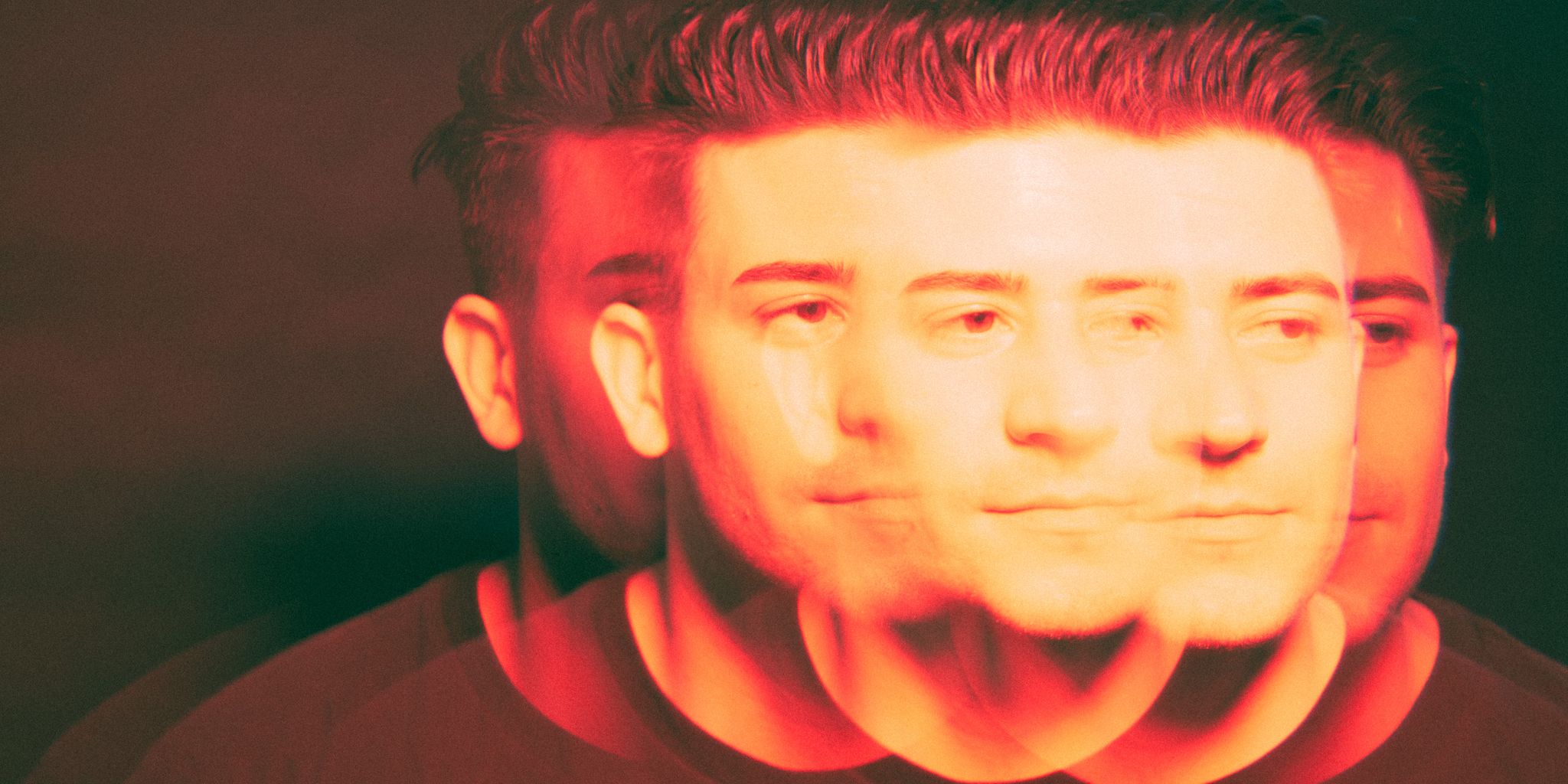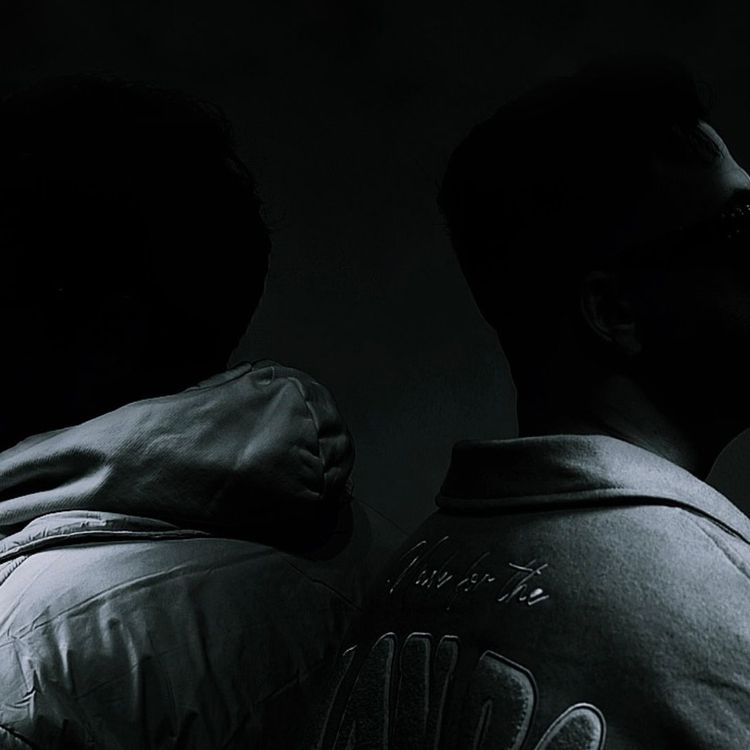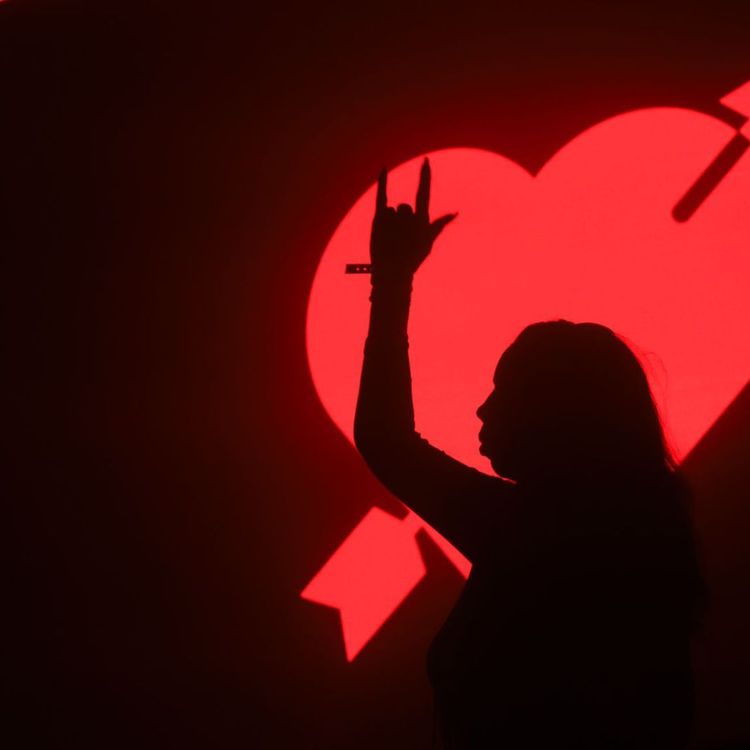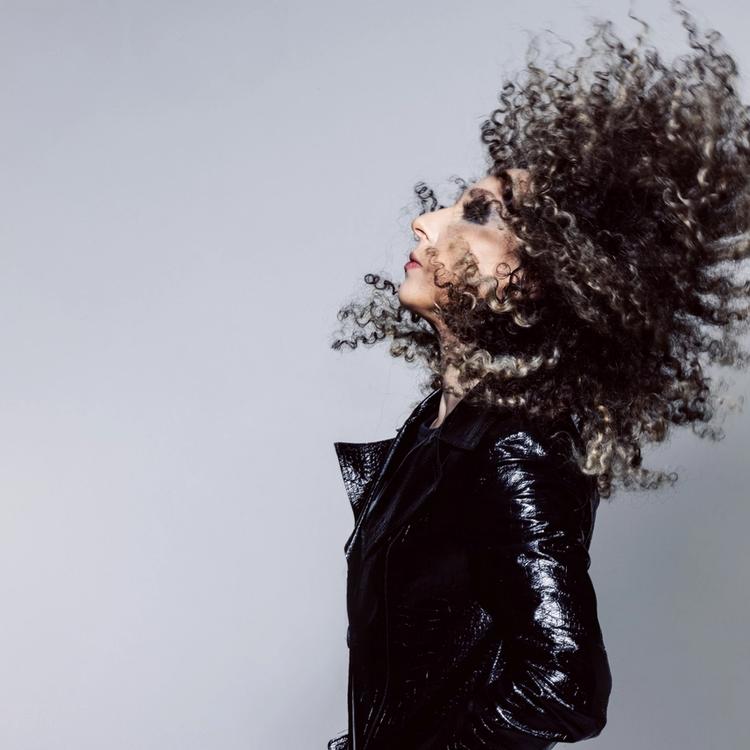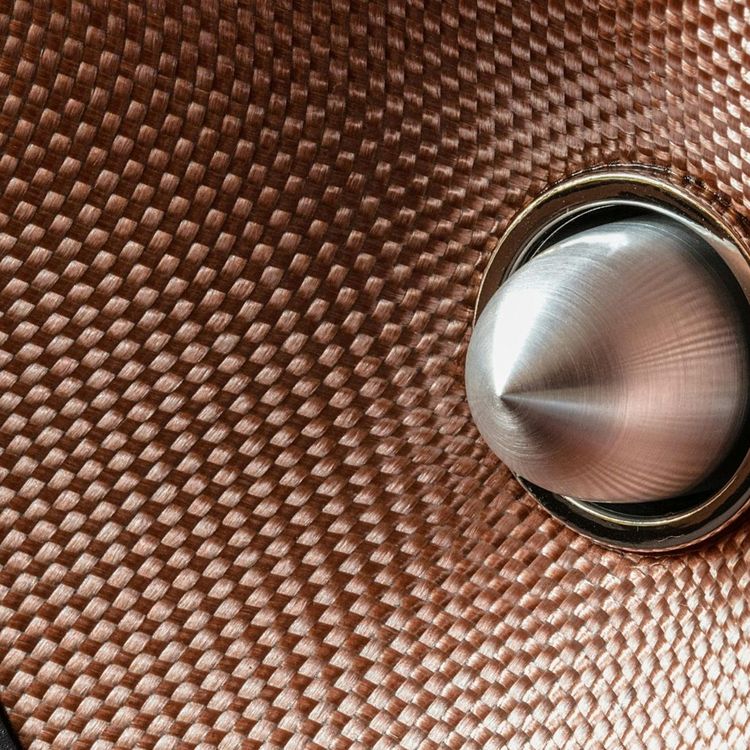Dirtybird and How San Francisco Ignited Mike Kerrigan's Creative Spark
When Claude VonStroke gives a sign of approval, we tend to listen. Philly native Mike Kerrigan has worked tirelessly to hone his production skills, defining a unique sound for himself and crafting a reputation as an excellent DJ through his experience playing rooms of all sizes all over the country.
His journey began at a young age when on a class field trip about career choices, he applied for the job of “town DJ.” Although he may not have been old enough to spin at the club, a young Mike Kerrigan knew deep down what the future held.
After some early experimentation with different styles, Mike eventually landed on what we know him for now, his signature low-end basslines, thick drops, and punchy vocals. A year before Mike began putting out official music in 2018 he connected with N808 while they were DJing in the same room in San Francisco. Eventually, they got into the studio and began producing music. After a couple of collaborations, they hit gold with “Penguin Hit Squad,” a truly funky track that Claude VonStroke liked enough to sign to Dirtybird.
Mike has since been booked for a handful of Dirtybird events, including the massive campout festival this October. We spoke to Mike about his musical history, the evolution of his sound, and what it means to sign to the iconic Dirtybird imprint.
You came up in Philadelphia before moving to San Francisco. It certainly feels like Philly is having a moment now with electronic music. From the influx of new clubs, local promoter-based events, and Insomniac’s Club Glow Philly. As someone who came up there, can you give us some insight into your experience with electronic music (or lack thereof) in Philadelphia? Do you feel the city is heading in the right direction?
From the looks of it, it seems Philly is indeed heading in the right direction. I feel like there’s always been a heavy presence of afro beats, jersey club, and bass music. I’ve noticed a lot more house artists coming through. The Ave Live seems to be popping off. ‘Back in my day,’ it was called Soundgarden. A lot of my early experiences with electronic music took place there.
Although we have a good sense of what your sound is like now, you had some experimental phases at the beginning of your career. For example, early tracks such as "Not Stoppin’’ were straight G-house, whereas "Little More" had bass and reggae dub elements just a year later. Were you simply in a discovery mode musically, or were you feeling initially that these were the sounds you wanted to explore?
I was more in discovery mode from a production standpoint. I only had about six months of Ableton under my belt at the time, so it felt good to make a full track and share it with the minimal knowledge and tools I had.
What prompted you to dive into becoming a DJ/producer? Is there a particular memory of something that inspired you, or was it a gradual build of passion for music?
Both. As far as I can remember, I was obsessed with music. I have a pretty musical family. My sister is eight years older than me, along with most of my cousins. I’d always take their CDs, burn a copy, and make my own mixes.
I played sports growing up, and one of my top priorities was making a proper mix for the car ride to the game. I enjoyed finding new music and sharing it with my friends. That passion continued as I got older. However, I didn’t decide to really dive in until I moved to SF.
One specific memory was a field trip in 5th grade called “Exchange City.” It was this mini town in a warehouse, and everybody in my class had to get a resume together, apply for a job, and do their best to make the town function. One of the jobs was “town DJ,” I made sure I got the job and redlined the entire time. I need to find that resume.
Your first official release came in 2018 with "Gone Like." It carries some of your G-house influence but shows a clear transition towards what we know now of your sound. Yet, it’s still a super funky offering with elements of breaks. How did it feel to finally have a track signed to a label, and did you feel like this was the start of momentum for your career?
It was definitely a milestone, more so because it was the first time I felt confident enough to officially share an original track. Also, it was around that time that I started getting into the scene in SF.
What prompted the move to San Francisco, and do you feel it’s been essential to your growth as an artist?
It was essential both as an artist and a person. My musical journey as an artist didn’t really start until I moved to SF. The summer I finished college, I came out here with three friends. We all moved for different reasons. I just knew I wanted a change. I didn’t know anyone and had a lot of time on my hands. This gave me a chance to dive into production, something I’ve wanted to do since high school.
The next release was "Loosie" with N808, a frequent collaborator and B2B partner. What’s the story behind your relationship with N808, and what about your dynamic makes collaboration so easy?
I met Nate briefly while we were both DJing downstairs at Temple SF in 2017. Eventually, I’d send “Gone Like” to [his label] Admit One Records. From there, we started kicking it and working on tunes together. I think our sense of humor, combined with honesty in the studio, is why we work well together. Our shared influences and impulses tend to complement each other.
Do you have any particular pieces of hardware or software plug-ins that you frequently use for music production?
My go-to plug-ins are Ableton’s Operator, Sylenth, Kick 2, and Serum. Along with those, I use the Soundtoys plug-ins often. In "Penguin Hit Squad," I used the Crystallizer for a lot of the elements in the track, particularly the mumbling high pitch penguin banter in the background. My hardware is minimal at the moment. I’ll sometimes use the Roland VT-3 for vocals, then experiment with drum patterns via the Roland TR-6S.
2020 marked a turning point for you when you got on the Dirtybird compilation through a collaboration with the boss man, Claude Von Stroke. How did you connect with him?
The collab with Claude came about peak Covid when he was doing his Sunday streams. I had sent Dirtybird about six demos, and he played one called "Tribe Collide." Even though the track wasn’t completely done, the Twitch chat went nuts, and Claude was vibing. That week he reached out with some feedback. From there, we went back and forth throughout the summer, dialing it into what would be "I Caught A Vibe."
As mentioned above, you just released your first stand-alone single on Dirtybird, ‘Penguin Hit Squad.’ You’re on the campout lineup and are getting tons of support from Claude and the label. Can you give us some insight into the Dirtybird family and what it feels like for an upcoming artist to have this kind of breakthrough?
With this release, the opportunity to play Campout, and getting this kind of support, it feels like the hard work is starting to pay off. I ran into Claude a few times recently and was able to pick his brain a little. It was great. Between the music and community Dirtybird has built, it’s really something special. At Dirtybird events, everyone checks their ego at the door and just wants to have fun. The artists and events they’ve put on have been super inspiring since I started this journey.
